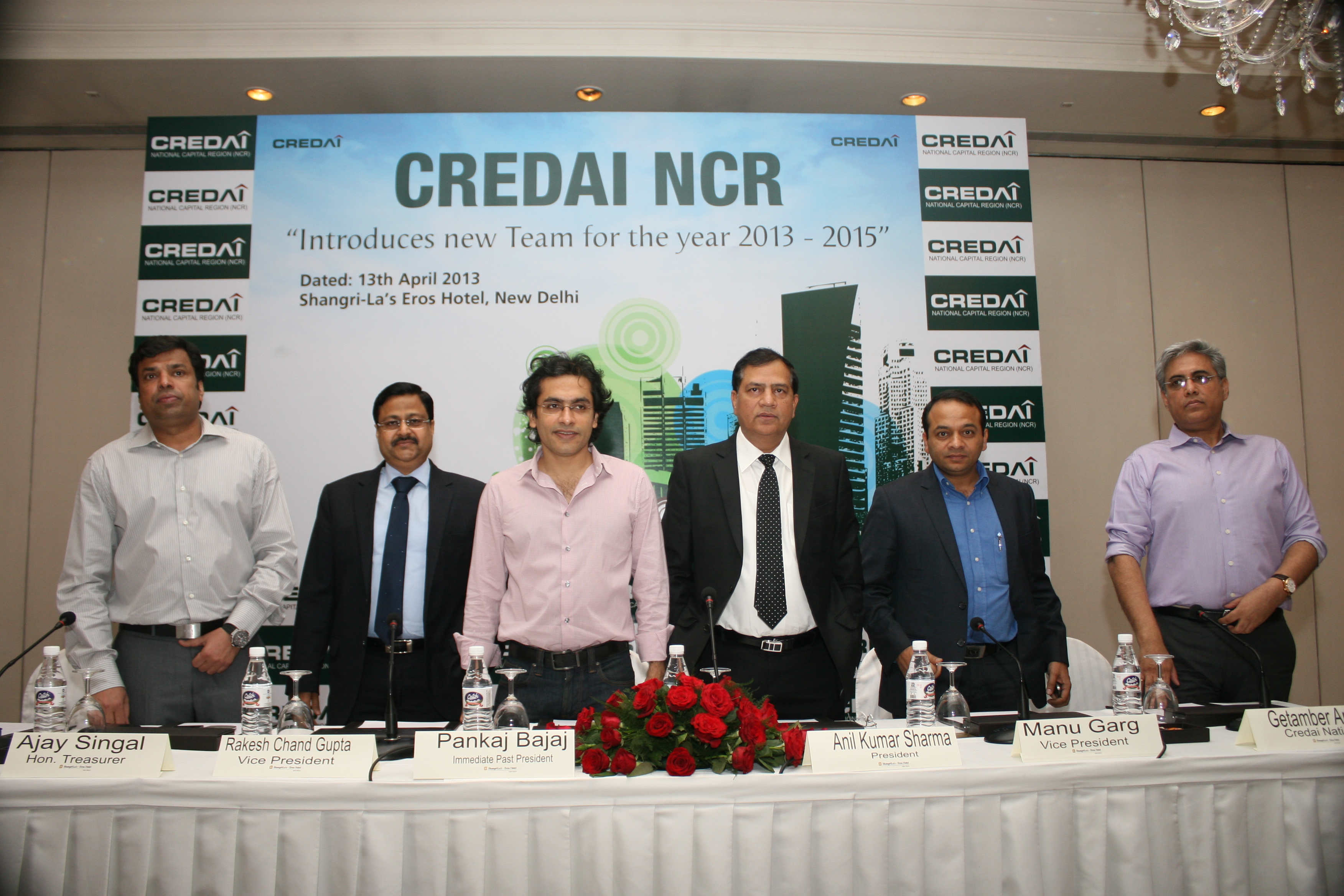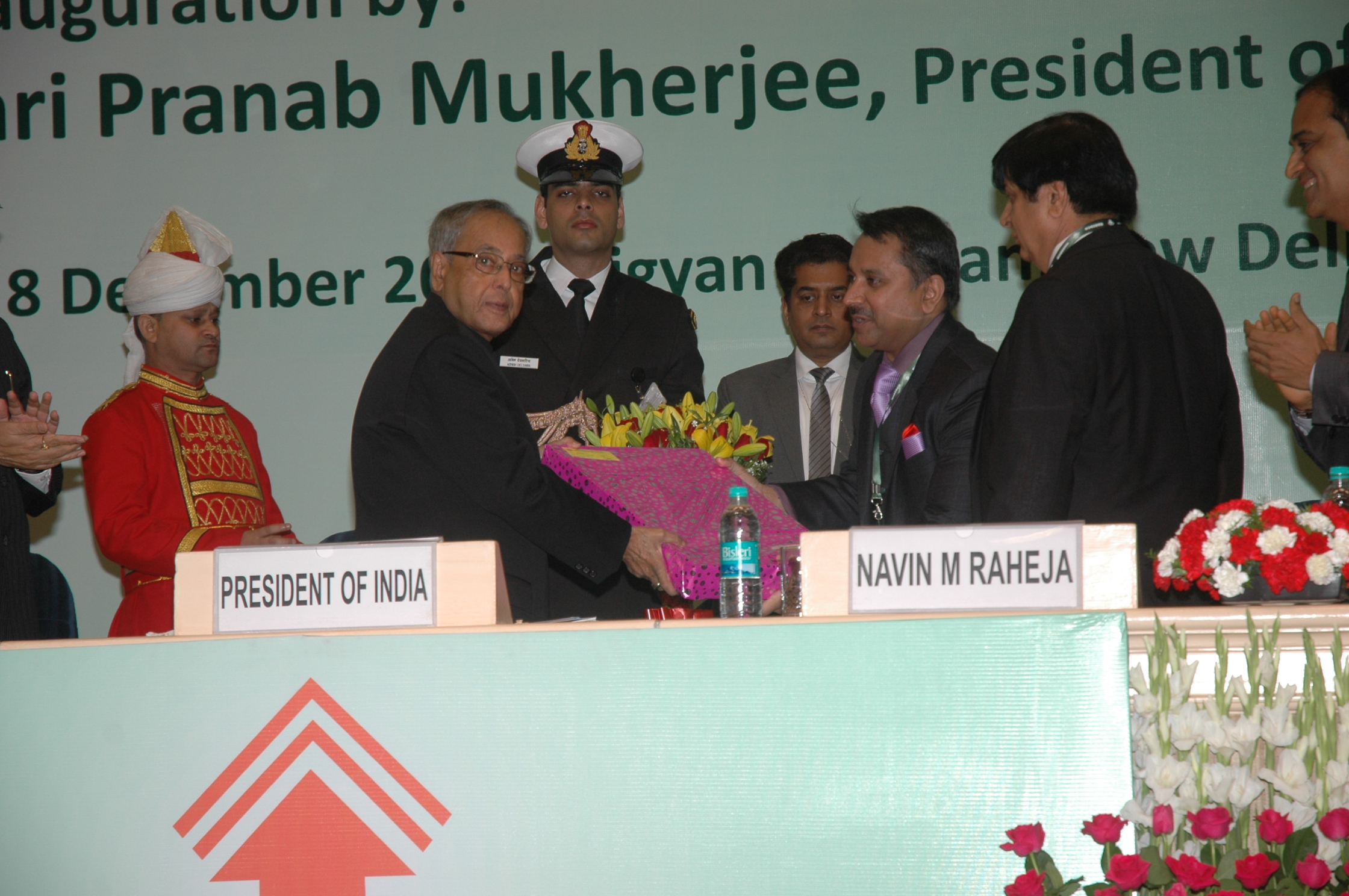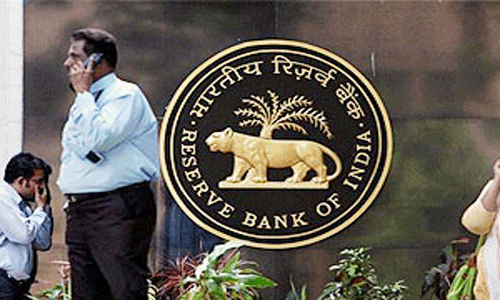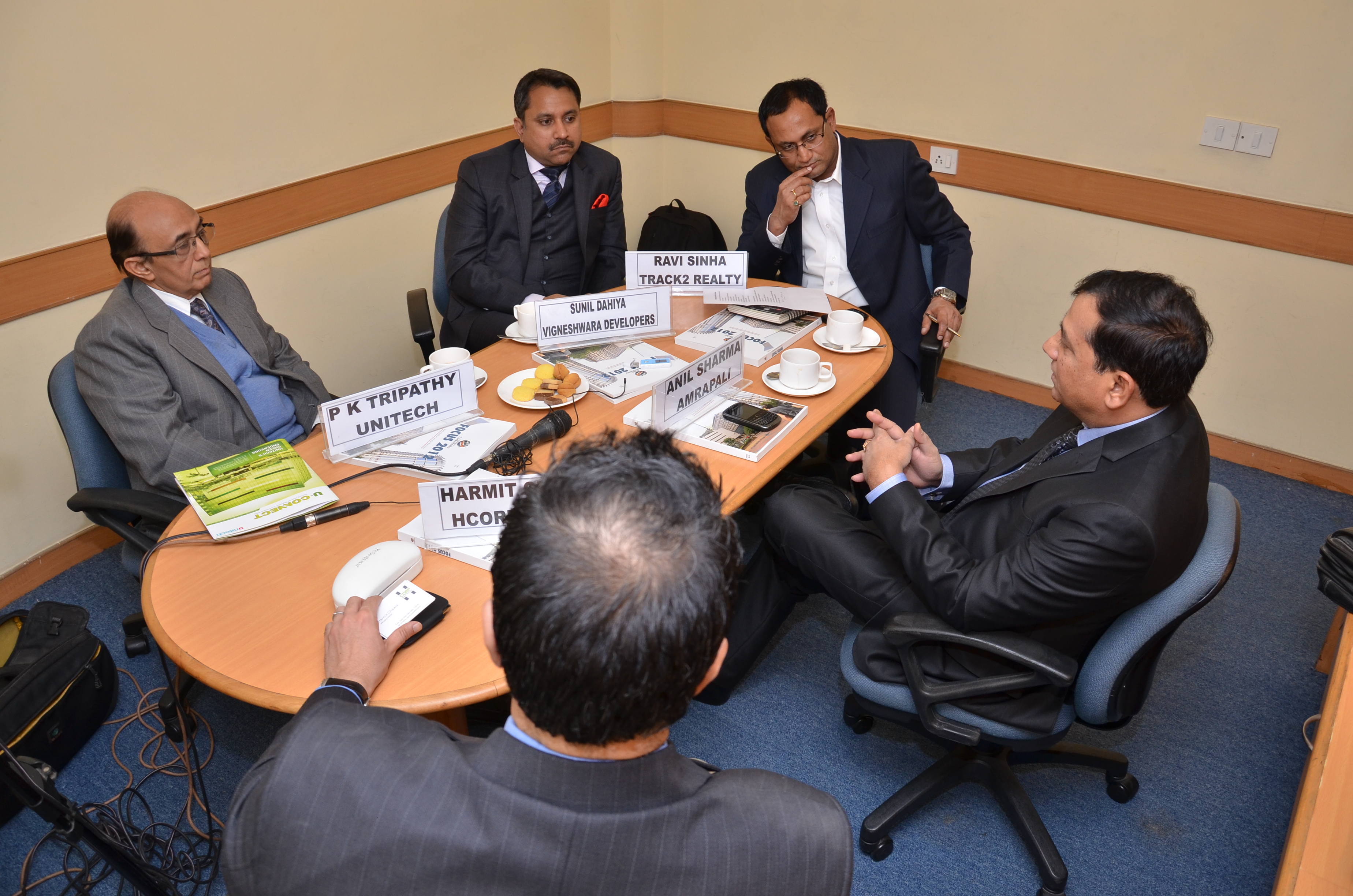
Key challenges to move towards smart cities in India-IV
By: Brotin Banerjee, MD & CEO, Tata Housing Track2Realty Exclusive:…

By: Brotin Banerjee, MD & CEO, Tata Housing Track2Realty Exclusive:…

Track2Realty Exclusive: Some analysts are of the view that in some other sectors people are vocal because they come from very powerful political background and are second generation entrepreneurs. Then, they are active at the federal level without any structural defect where policy at centre might help at some level and hamper at some other state level. Automobile policies, for instance, are framed for across the country.

Track2Realty Exclusive: Realty is predominantly a regional business, primarily on account of land being a state subject. Therefore it is a tough task for one single body or association to represent the views and opinions of all stakeholders in the sector.

Track2Realty Exclusive: Asking for industry status, the sector doesn’t want elements of accountability that comes with the package. Quite opposed to the very idea of regulation, even after self-regulatory attempts didn’t work out, realty doesn’t evoke confidence at the policy level and often ends up being at loggerheads with the government. Track2Realty finds that though policy advocacy is very much desirable in the sector, it is yet so debatable that the stakeholders have failed to evolve a consensus over its issues and agenda.

Track2Realty Exclusive: A marginal rate cut/hike time again evokes reactions across the industries and the blame game continues where the Reserve Bank of India (RBI) defends its balancing act of controlling inflation and the industry captains slam its short term outlook of stop gap arrangement.

Ravi Sinha: I have a question here, and I will be very frank with Mr Tripathi. Any journalist who writes on real estate finds it very amusing that the sector has always tried to put the ball in the government’s court. Since you have been part of the government, how far will you agree to this?

Track2Realty Exclusive: These are the logical road to reforms and cutting time on approvals. Such a move will go well with the government and thus reinforce the confidence of the buyers also.

Ravi Sinha: I think Mr Tripathi has a very valid point that the CCI has emerged. You have also seen the wrong side of consumer activism in a Noida Extension kind of a situation. When we think of reforms, government is looking for a regulator and a whole lot of sector’s wish list has not gone down well with the government. Do you think that the sector will move ahead with some sort of reforms in the year ahead?

I welcome all the panelists in the final roundtable for Track2Realty Focus 2013. As we come to the end of 2012, it is time to look in & look ahead as far as the prospects of the realty sector are concerned. In this discussion, we would try to wrap up the year 2012, and see where the sector has been heading to in 2013. So, when you look at the year Mr Sharma, don’t you think “oh! what a waste.” So much was expected this year but nothing has moved forward, be it in terms of administrative reforms, fiscal reforms or land reforms; nothing has gone right for the sector.

Track2Realty-Agencies: The Federation of Indian Chambers of Commerce and Industry (FICCI) has demanded industry status to be granted to real estate sector in the upcoming Budget 2013-14.
